Expressions of Interest Invited
Following the previous call for membership of the Knowledge Exchange and Innovation Funding Panel, we are now seeking further expressions of interest from the academic community at any career stage. Applicants from the Faculty of Health and Social Sciences, and from Associate Professors, are particularly welcomed in this call.
What is the Knowledge Exchange & Innovation Funding Panel?
The recently formed panel is reinvigorating how we fund knowledge exchange and innovation projects internally; as a group we are developing a more agile approach to funding allocation and management, enabling collaboration with external partners to become more responsive.
The Value of Panel Membership
Membership of a funding panel enables you to be part of an important decision-making process, making a significant contribution to the direction and impact of knowledge exchange and innovation at the institution and beyond. Working individually and as a team, Panel Members evaluate applications to the internal Higher Education and Innovation Funding stream and other related funds. If you have not been a member of a funding panel previously, this offers an opportunity to develop peer reviewing skills and give back to the academic community by drawing on your expertise and insight working with others from across a range of disciplines and career stages. You will need to be confident in evaluating the merit of applications based on the requirement of the fund, the innovation and rigour of the proposal and to share your thoughts effectively and appropriately with the wider Panel meetings and provide feedback to ensure transparency.
By becoming an Panel Member you will be ensuring that internal funding at BU is used for projects that will have real world impact. It’s also a great opportunity to engage with colleagues and learn about research and knowledge exchange happening across the faculties.
What would I commit to as a Panel Member?
You will have to attend a number of Panel meetings per year, typically 5-6, either in person or online, read and review funding applications and occasionally make agreements via email circulation with the Panel when some detailed feedback maybe required.
Sounds interesting? How to apply:
Please send a short expression of interest, around ¾ of a page, outlining why you think you’re suitable to be a panel member. There is no need to provide a long CV of your expertise, just enough to:
– Tell the Chair and the Panel Members about your field of specialism;
– Highlight any experience you have of peer review and/or panel membership;
– A brief description of the type of skills you can bring (e.g. experience of working with external organisations; good with moderating discussions; able to respectfully challenge the status quo; creative innovation leadership etc.)
And perhaps most importantly:
- Why you want to join the panel . Have you been on a panel before, for example or does your role require you to give feedback on projects? Are you simply keen to be involved? It would be very helpful if you could demonstrate your knowledge of KE, innovation and the impact agenda.
Please email your expression of interest to the Knowledge Exchange Manager, wsmorrison@bournemouth.ac.uk by 5pm on Wednesday the 24th January.
Applications from individuals from groups generally underrepresented on University committees/panels (minority ethnic, declared disability) are particularly welcome.
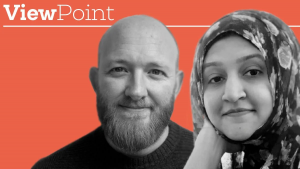 The article also highlights her contribution to a
The article also highlights her contribution to a 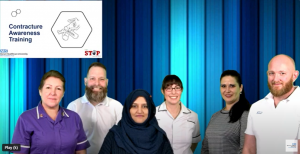


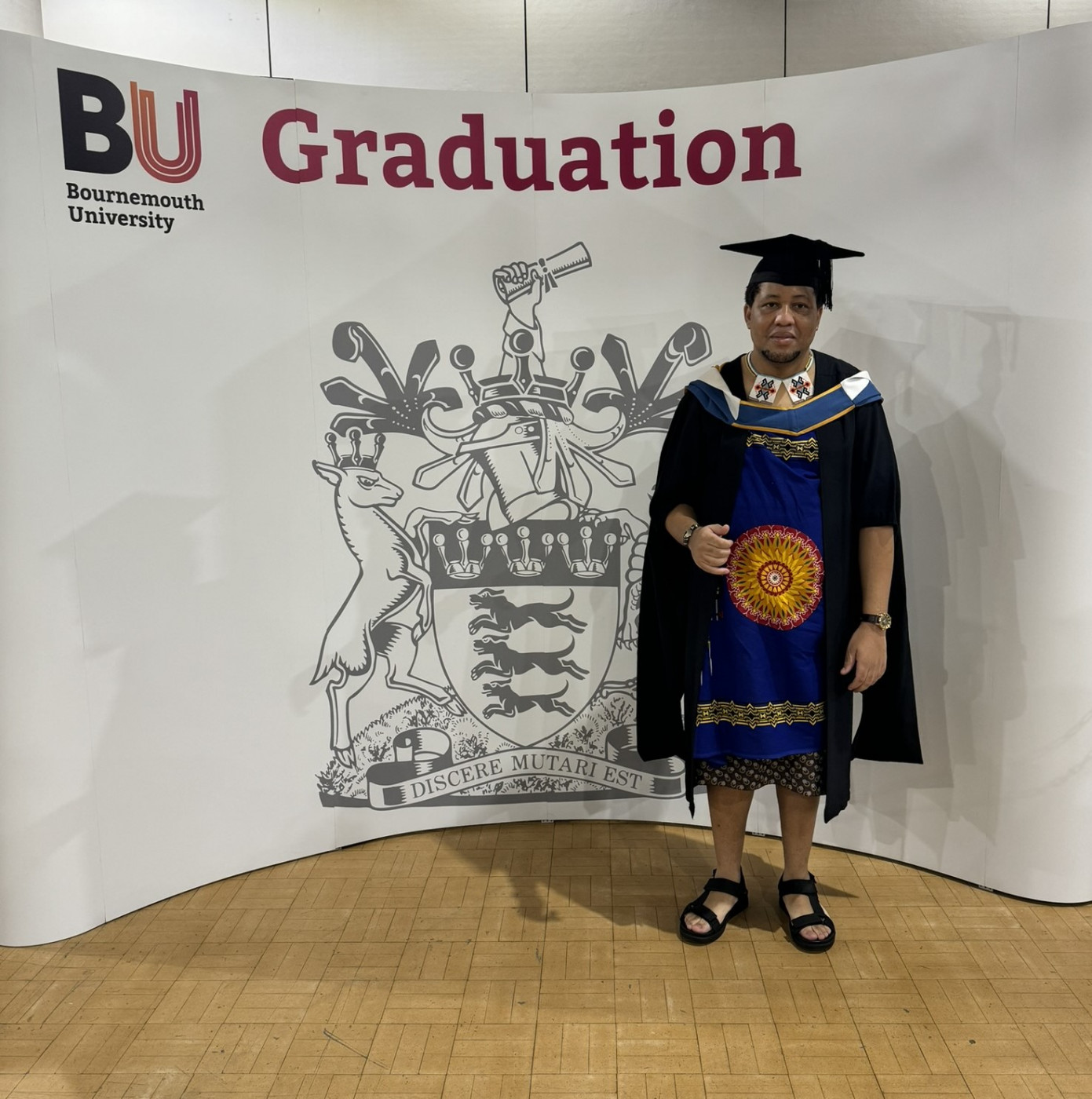
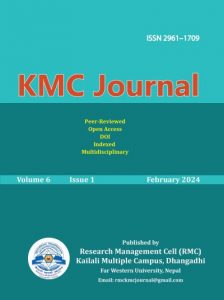


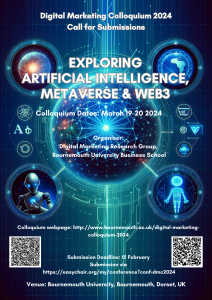

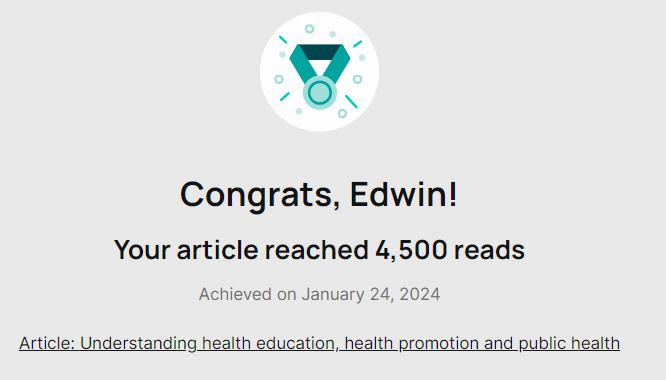


 A workshop presented by
A workshop presented by 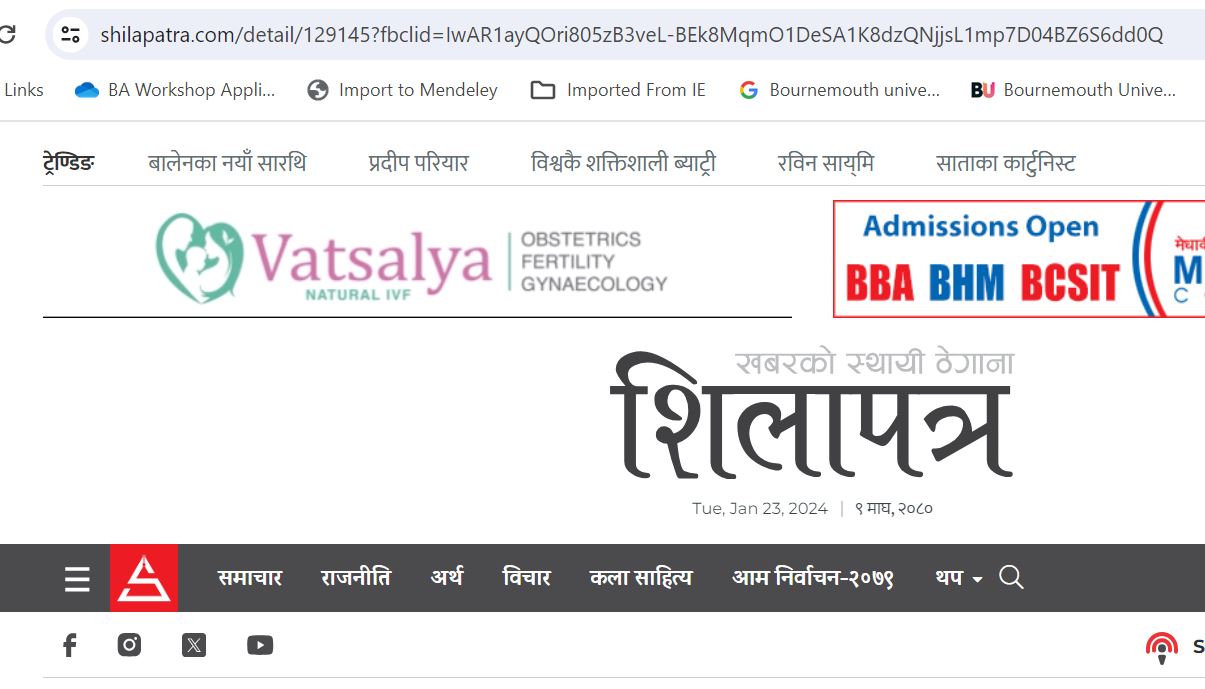
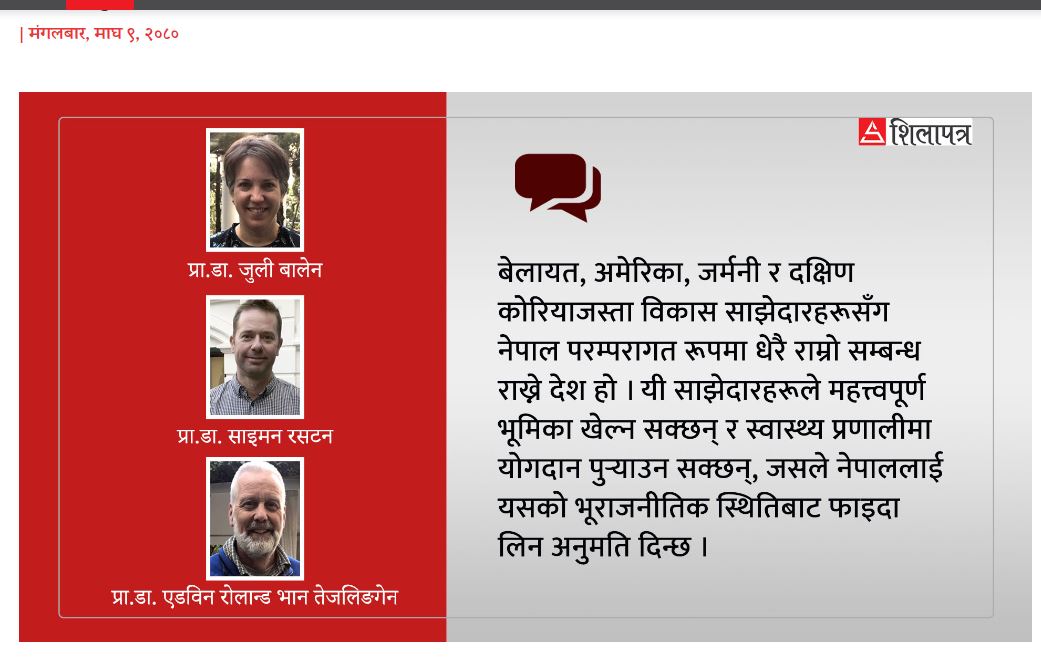
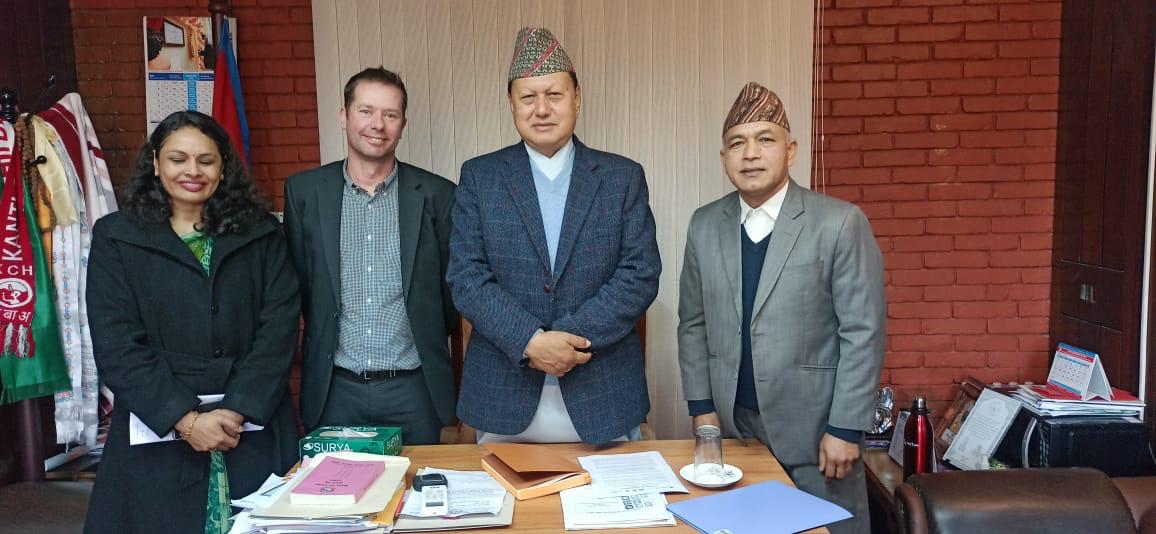
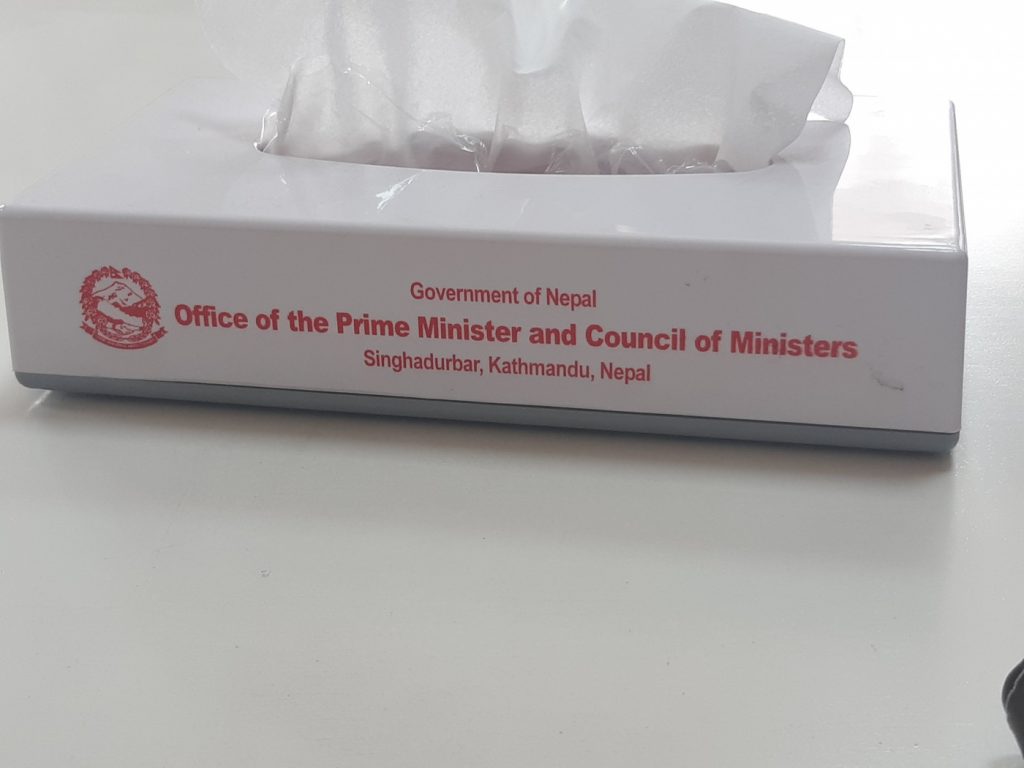
 Nick Malden has more than 18 years’ experience in intellectual property specialising in patents, in particular those concerned with electronics, physics, materials, medical devices, and software. Prior to joining D Young & Co he was a research associate at Manchester University, based at the Deutsches Elektronen-Synchrotron (DESY), in Hamburg, Germany.
Nick Malden has more than 18 years’ experience in intellectual property specialising in patents, in particular those concerned with electronics, physics, materials, medical devices, and software. Prior to joining D Young & Co he was a research associate at Manchester University, based at the Deutsches Elektronen-Synchrotron (DESY), in Hamburg, Germany.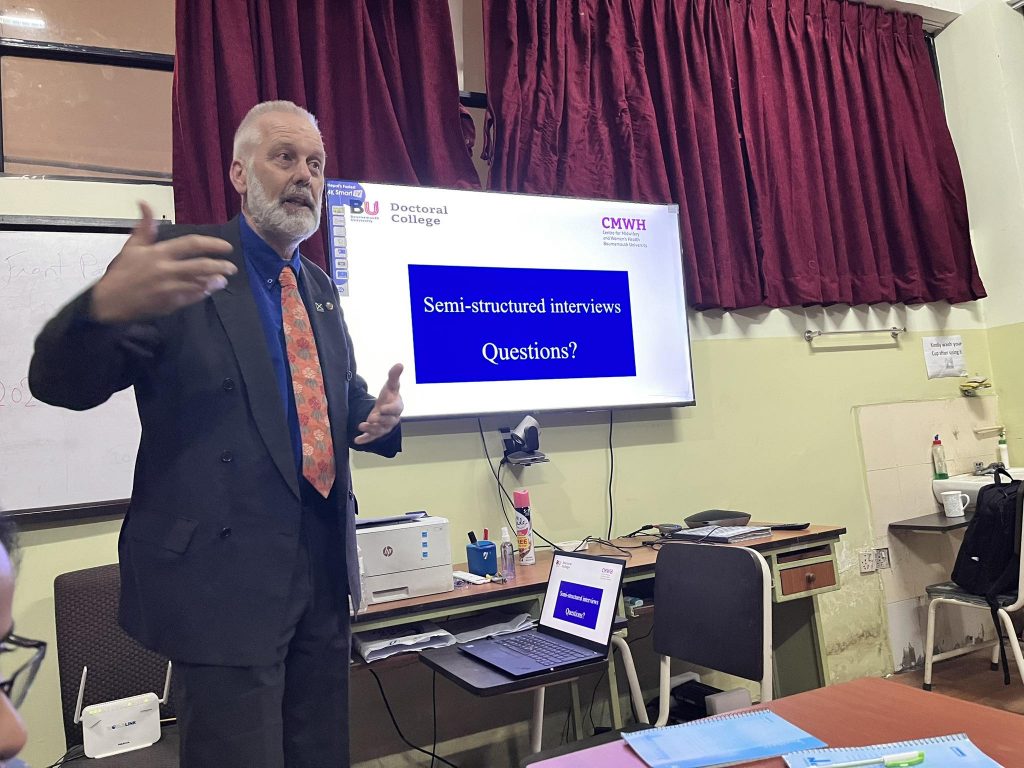
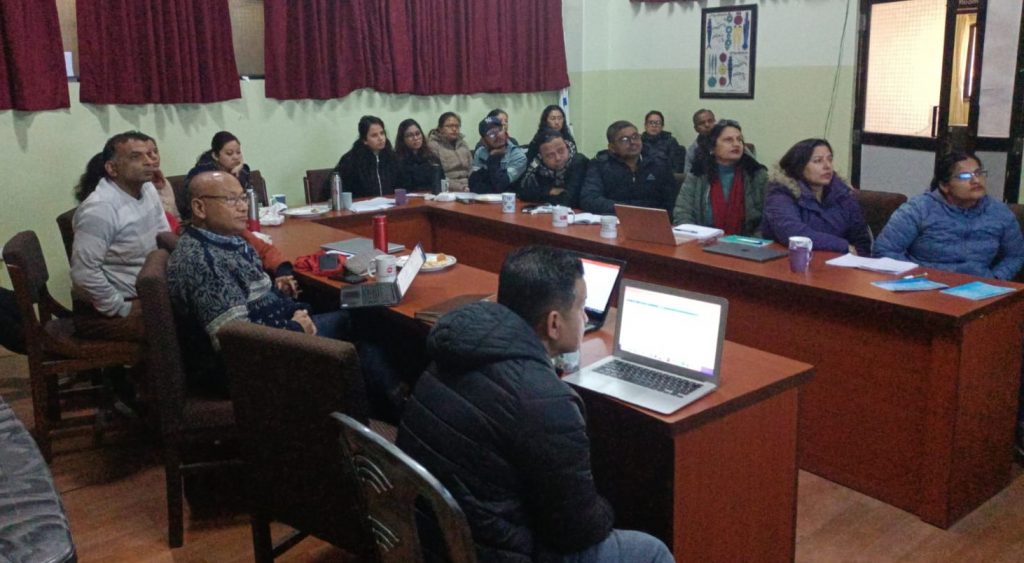
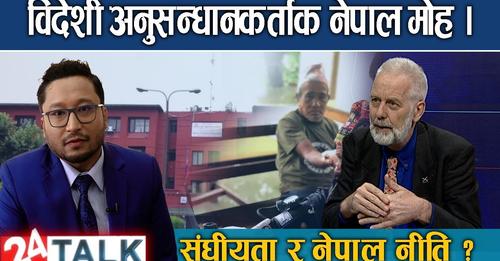
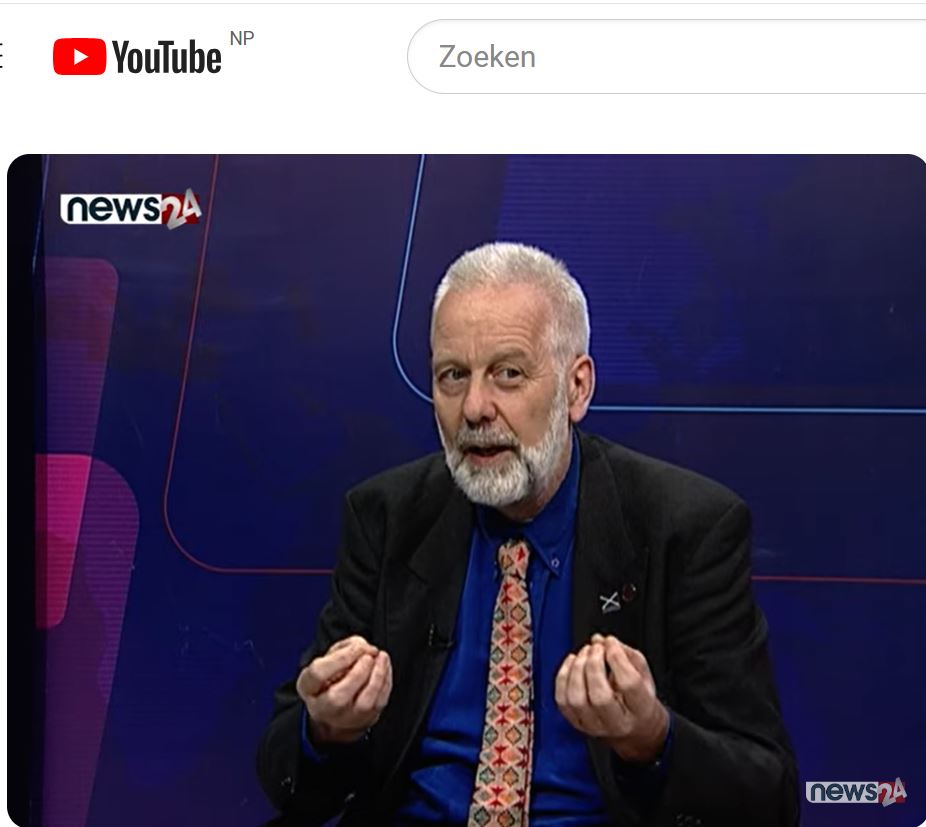
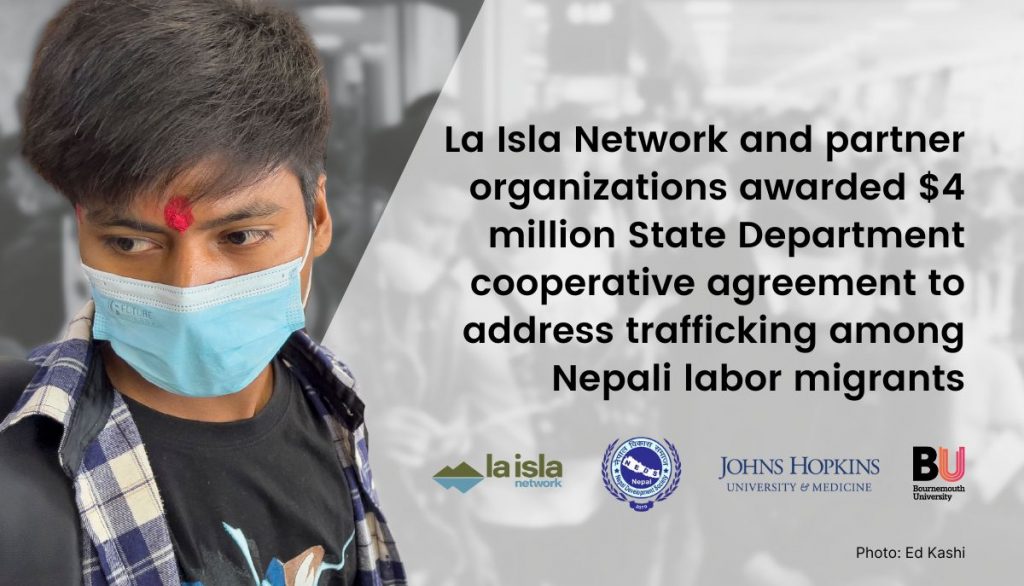











 Conversation article: Why so many people drown at the water’s edge
Conversation article: Why so many people drown at the water’s edge Workshop on longitudinal studies in three countries
Workshop on longitudinal studies in three countries New Bournemouth University public health paper
New Bournemouth University public health paper New ACORN-funded paper published. When time is short but passion for food is strong, food day-tripping may be the answer!
New ACORN-funded paper published. When time is short but passion for food is strong, food day-tripping may be the answer! Royal Society of Chemistry Outreach Fund: Open for Applications
Royal Society of Chemistry Outreach Fund: Open for Applications Last reminder – MSCA Postdoctoral Fellowships 2024 internal deadline next week
Last reminder – MSCA Postdoctoral Fellowships 2024 internal deadline next week Horizon Europe – EuroHPC and MSCA PF webinars
Horizon Europe – EuroHPC and MSCA PF webinars